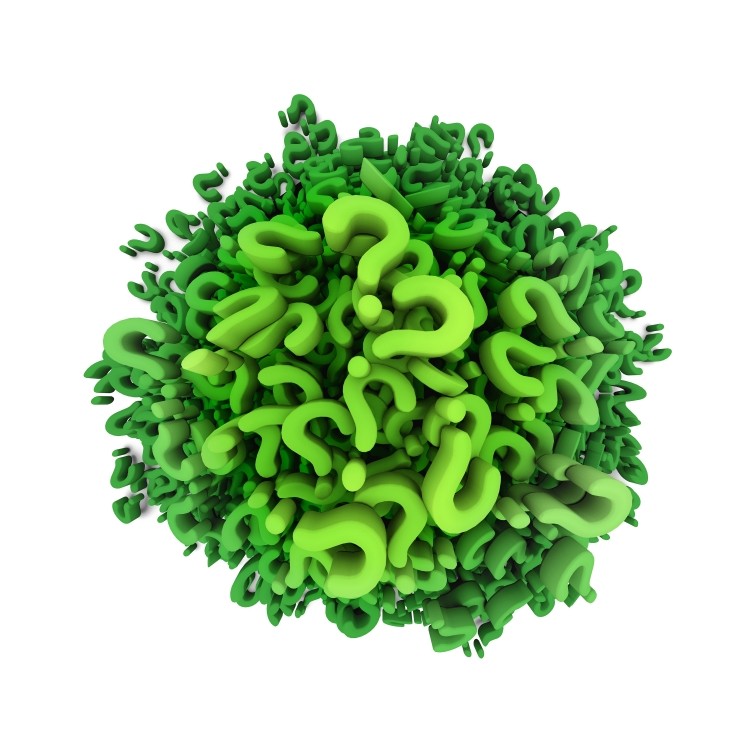US scientists vow to answer CRISPR’s sticky moral questions

The heads of the National Academy of Sciences and National Academy of Medicine described the new generation of human gene research as controversial.
While tools like CRISPR-Cas9 could lead to new treatments for diseases, they also raise difficult questions about the risks and ethics of altering the human germline, added Ralph Cicerone, President of the National Academy of Sciences, and Victor Dzau, head of the Institute of Medicine.
Future advances are likely to raise even more questions, they said.
Cicerone and Dzau plan an international summit this autumn for researchers to explore scientific, ethical, and policy issues around human gene-editing.
“In addition, we will appoint a multidisciplinary, international committee to begin a comprehensive study of the scientific underpinnings and clinical, ethical, legal, and social implications of human gene editing,” they said.
“The committee will consider and recommend standards, guidelines, and practices governing the use of gene-editing technologies in biomedical research and medicine.
“An advisory group to steer the overall initiative will soon be announced.”
Asilomar Conference
Concern over CRISPR-Cas9 and other next-generation human gene-editing tools echo the weightiness of the National Academy of Sciences’ 1975 Asilomar Conference on recombinant DNA, when researchers, doctors and lawyers convened to write guidelines on ethical use of rDNA.
Some of those Asilomar attendees have now called for a “discussion” about responsible CRISPR-Cas9 use, both in terms of clinical safety and efficacy, and of broader consequences to making changes to the human germline which will echo for generations.
“In keeping with [the Asimolar Conference], we are prepared to work with the scientific and medical communities to achieve a comprehensive understanding of human gene editing and its implications in order to help guide researchers, clinicians, policy makers, and the public, here and around the world,” said Cicerone and Dzau in a joint statement.
Some regulatory authorities are more permissive than others. Chinese scientists announced in May 2015’s issue of Protein & Cell they had succeeded in editing the genomes of non-viable human embryos.
The team, led by Junjiu Huang at Sun Yat-sen University in Guangzhou, used CRISPR-Cas9 to try to edit the gene responsible for blood disorder β-thalassaemia. [Doi: 10.1007/s13238-015-0153-5.]
Who are the scientists?
The National Academy of Sciences is a private non- profit which guides US science policy under an 1863 congressional charter. The Institute of Medicine was founded in 1970 as the health arm of the NAS. In July, the IOM will become the National Academy of Medicine, with Victor Dzau as its first president.




